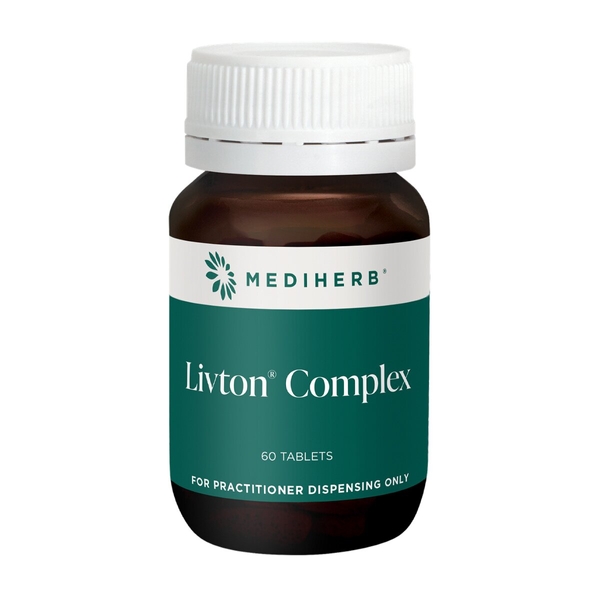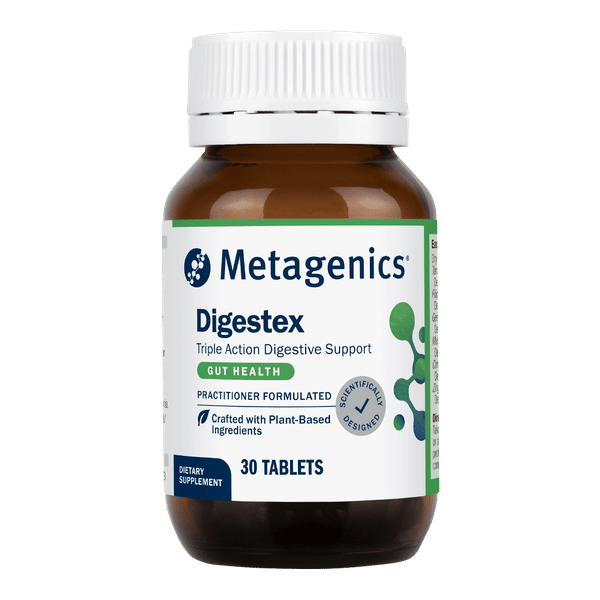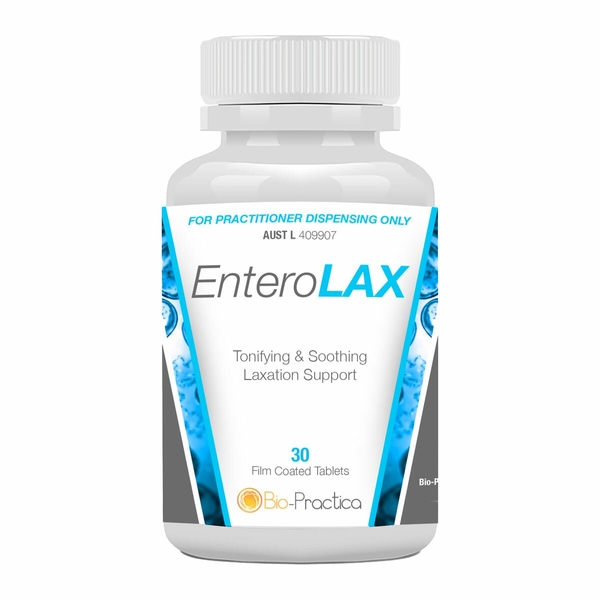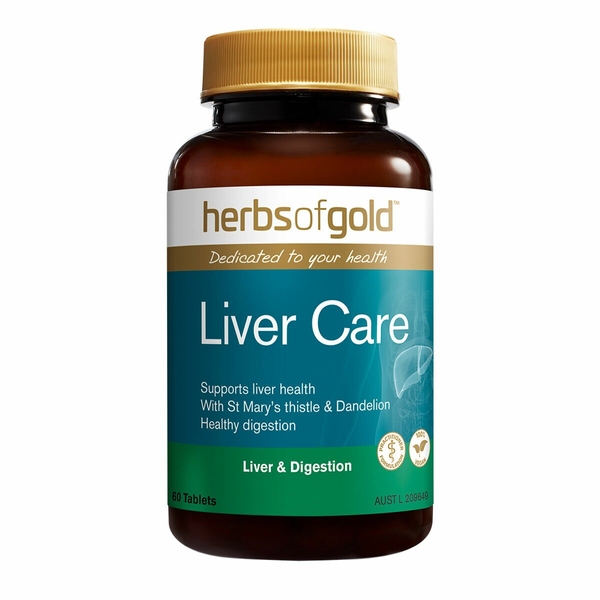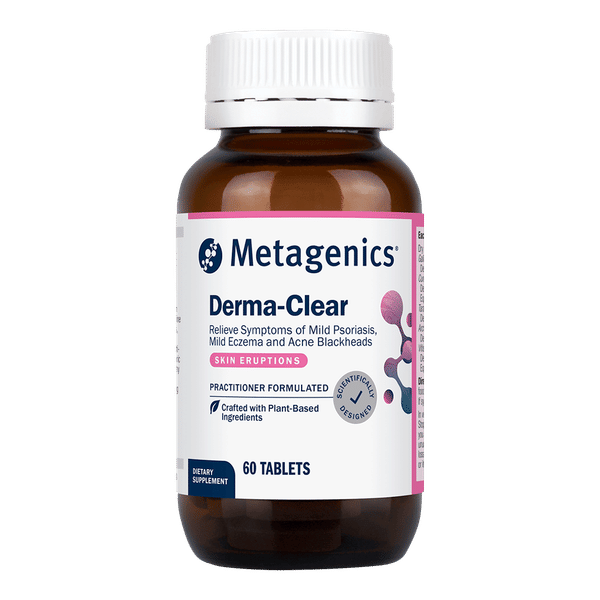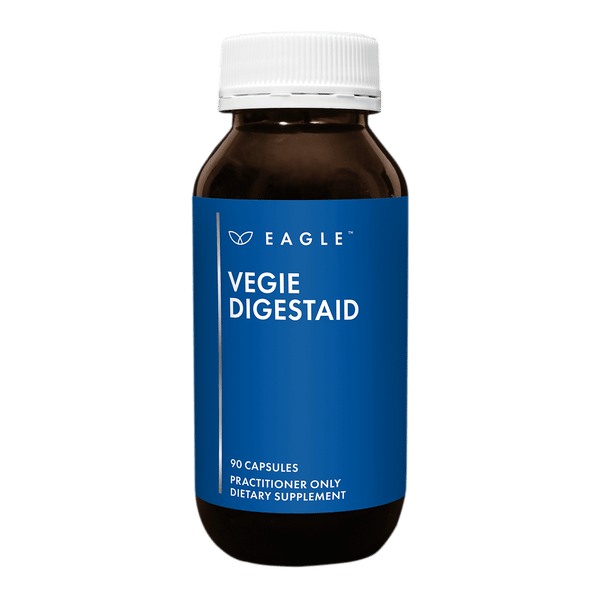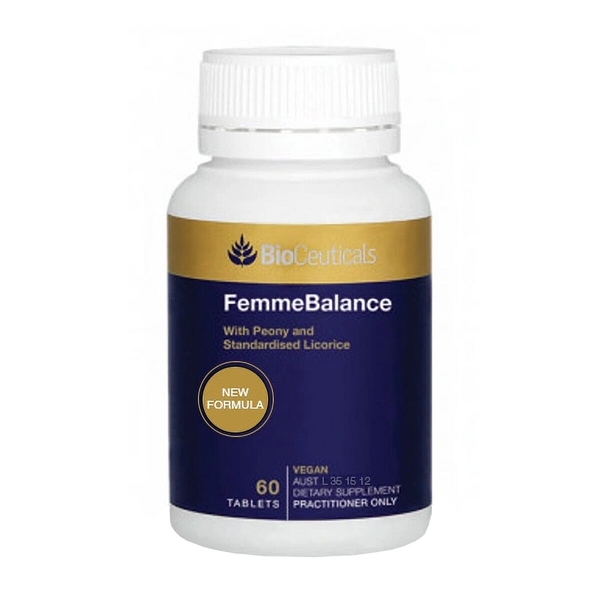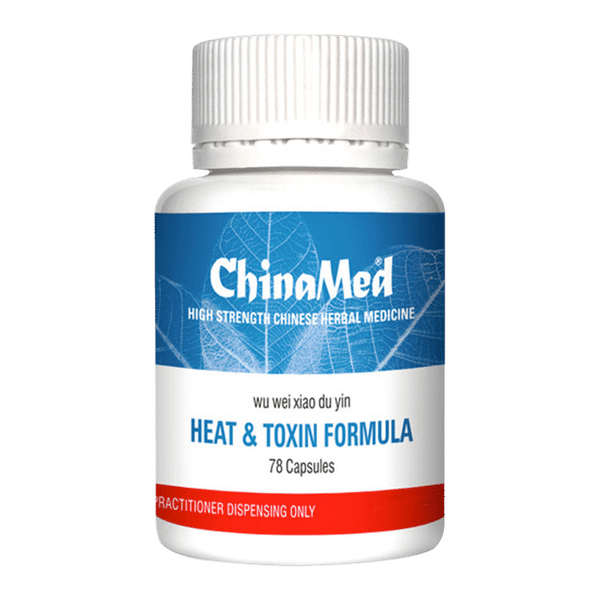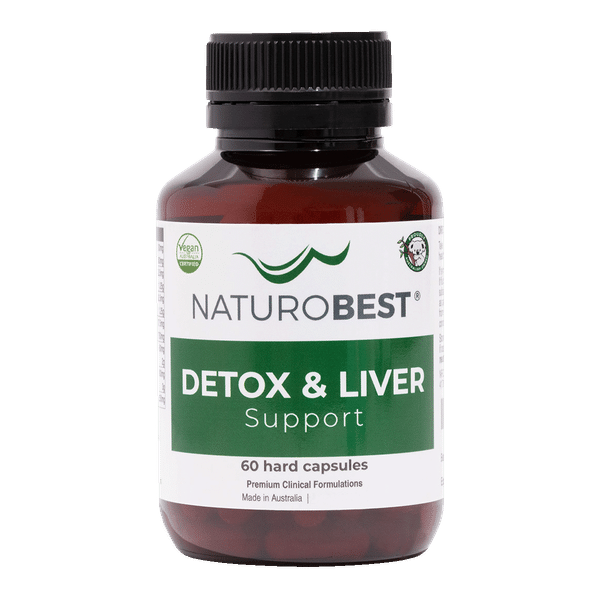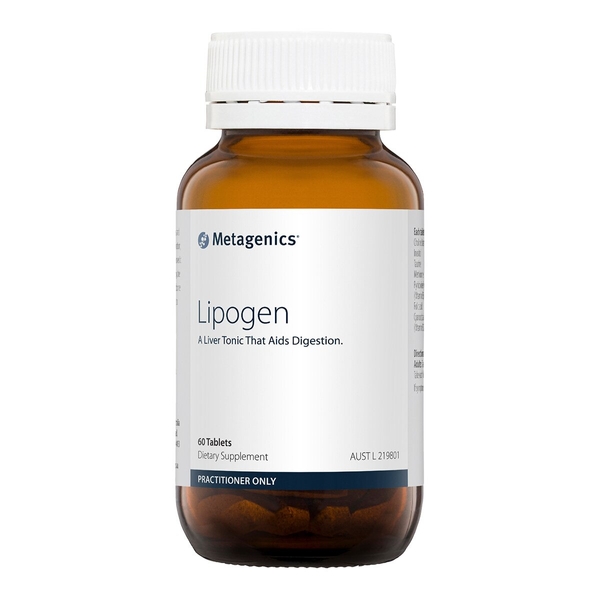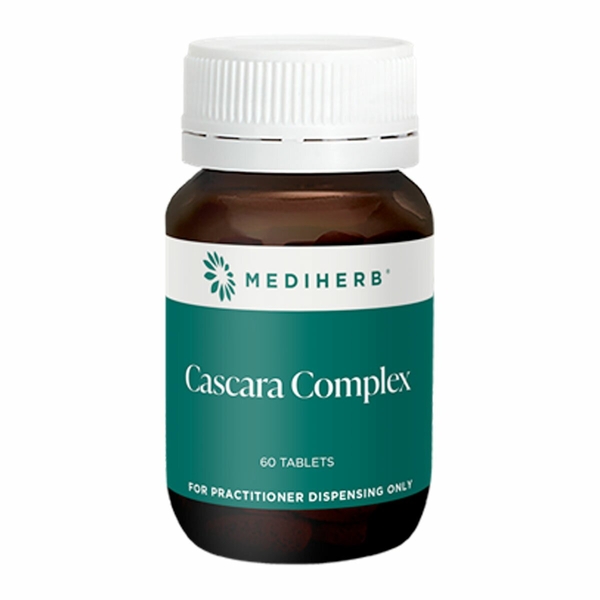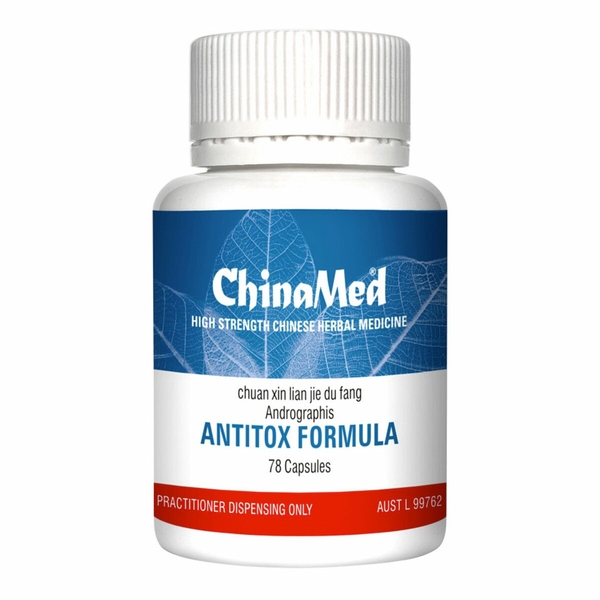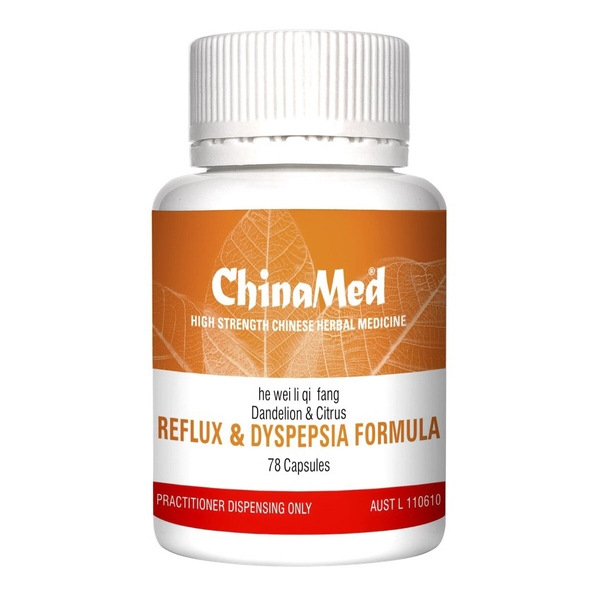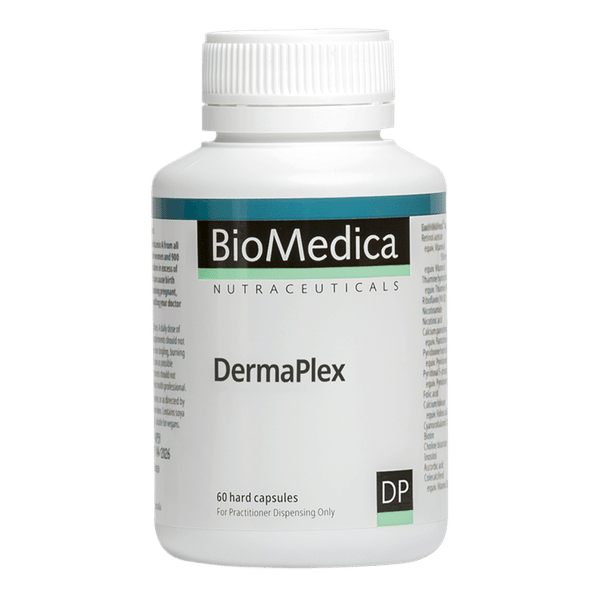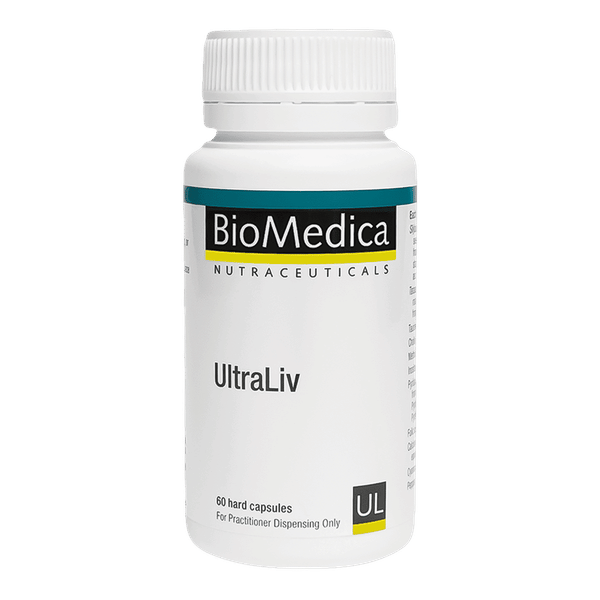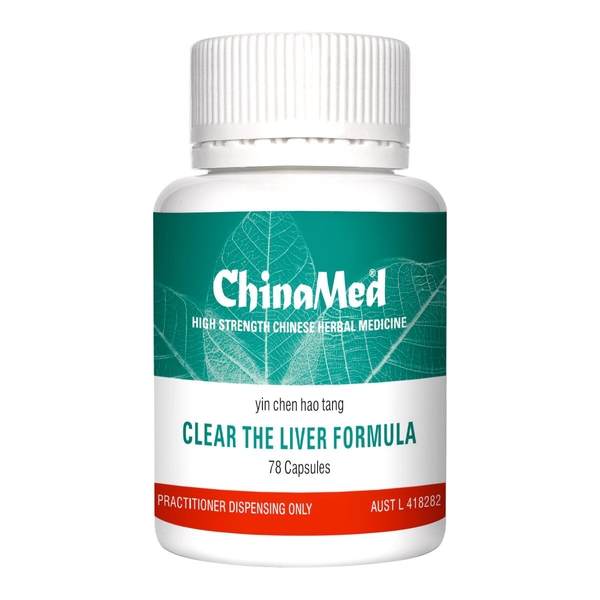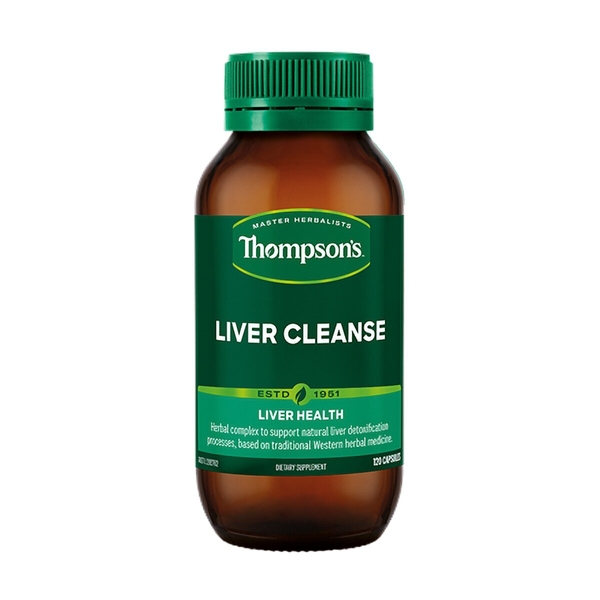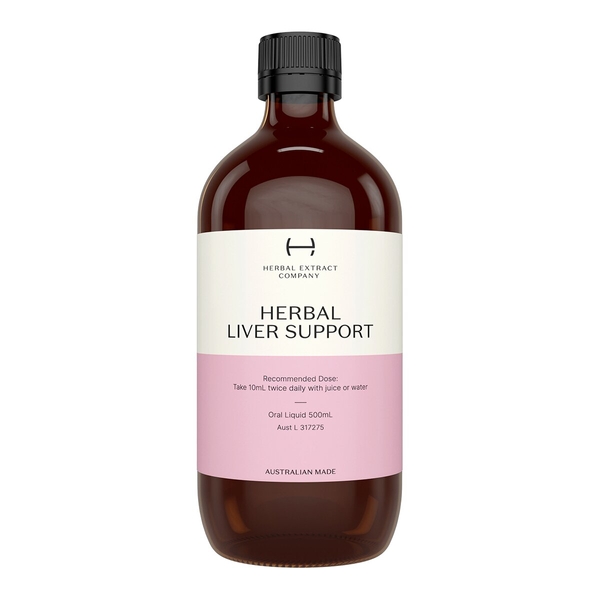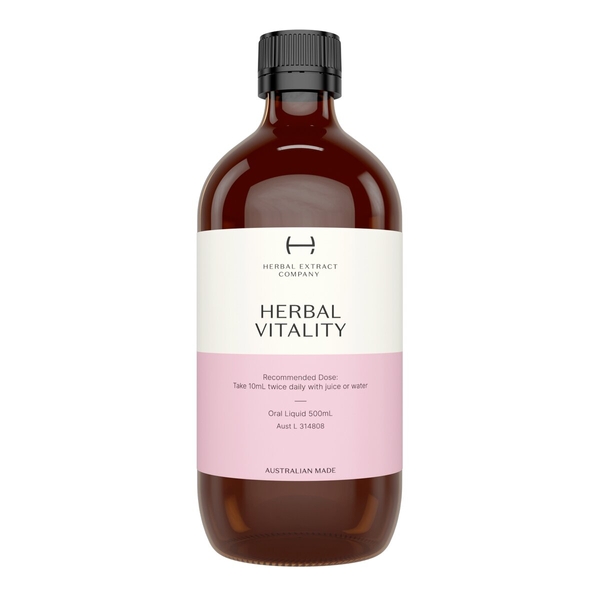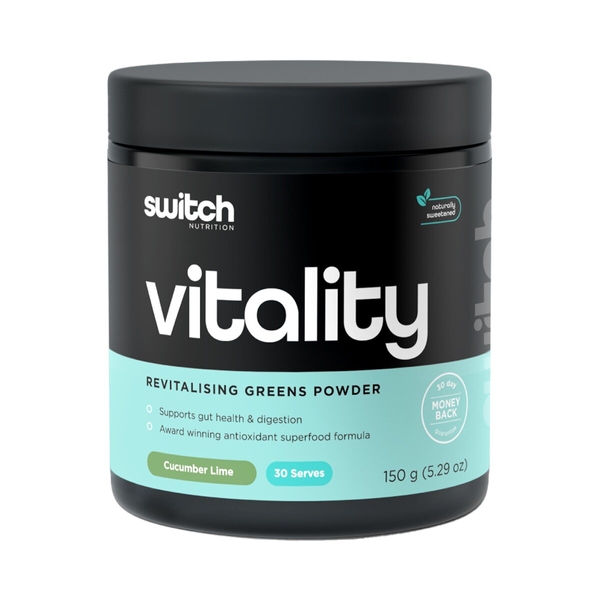
Background
Dandelion is found throughout mild climates of the northern hemisphere. It contains chemicals that might decrease swelling, increase urine production, and prevent crystals from forming in the urine that could lead to infections in the kidneys and urinary tract.
People use dandelion for conditions such as swollen tonsils, kidney infections, UTIs, and many others, but there is no good scientific evidence to support these uses.
Safety Safety definitions
When applied to the skin: There isn't enough reliable information to know if dandelion is safe or what the side effects might be.
Special Precautions & Warnings:
Pregnancy and breast-feeding: There isn't enough reliable information to know if dandelion is safe to use when pregnant or breast-feeding. Stay on the safe side and avoid use.Eczema: People with eczema seem to have a higher chance of having an allergic reaction to dandelion. If you have eczema, be sure to check with your healthcare provider before taking dandelion.
Bleeding disorders: Dandelion might slow blood clotting. In theory, taking dandelion might increase the risk for bruising and bleeding in people with bleeding disorders.
Ragweed allergy: People who are allergic to ragweed and related plants (daisies, chrysanthemums, marigolds) might also be allergic to dandelion. But conflicting data exists. If you have allergies, be sure to check with your healthcare provider before taking dandelion.
Surgery: Dandelion might slow blood clotting and lower blood sugar. It might cause extra bleeding and problems with low blood sugar during and after surgery. Stop using dandelion at least 2 weeks before a scheduled surgery.
Kidney failure: Oxalate is a chemical that can build up in the kidneys. Dandelion might reduce how much oxalate is released through urine. In theory, this might increase the risk for complications in people with kidney problems.
Effectiveness
Dosing & administration
Interactions with pharmaceuticals
Antibiotics (Quinolone antibiotics)
Interaction Rating=Moderate Be cautious with this combination.
Dandelion might decrease how much antibiotic the body absorbs. Taking dandelion along with certain antibiotics might decrease the effectiveness of these antibiotics.
Lithium
Interaction Rating=Moderate Be cautious with this combination.
Dandelion might have an effect like a water pill or "diuretic." Taking dandelion might decrease how well the body gets rid of lithium. This could increase how much lithium is in the body and result in serious side effects. Talk with your healthcare provider before using this product if you are taking lithium.
Medications changed by the liver (Cytochrome P450 1A2 (CYP1A2) substrates)
Interaction Rating=Moderate Be cautious with this combination.
Some medications are changed and broken down by the liver. Dandelion might change how quickly the liver breaks down these medications. This could change the effects and side effects of these medications.
Medications changed by the liver (Glucuronidated drugs)
Interaction Rating=Moderate Be cautious with this combination.
Some medications are changed and broken down by the liver. Dandelion might change how quickly the liver breaks down these medications. This could change the effects and side effects of these medications.
Medications for diabetes (Antidiabetes drugs)
Interaction Rating=Moderate Be cautious with this combination.
Dandelion might lower blood sugar levels. Taking dandelion along with diabetes medications might cause blood sugar to drop too low. Monitor your blood sugar closely.
Medications that slow blood clotting (Anticoagulant / Antiplatelet drugs)
Interaction Rating=Moderate Be cautious with this combination.
Dandelion root might slow blood clotting. Taking dandelion root along with medications that also slow blood clotting might increase the risk of bruising and bleeding.
Water pills (Potassium-sparing diuretics)
Interaction Rating=Moderate Be cautious with this combination.
Dandelion contains significant amounts of potassium. Some "water pills" can also increase potassium levels in the body. Taking some "water pills" along with dandelion might cause too much potassium to be in the body.
Interactions with herbs & supplements
Herbs and supplements that might slow blood clotting: Dandelion might slow blood clotting and increase the risk of bleeding. Taking it with other supplements with similar effects might increase the risk of bleeding in some people. Examples of supplements with this effect include garlic, ginger, ginkgo, nattokinase, and Panax ginseng.
Interactions with foods
Products
View all products- Taraxacum officinale (Dandelion) ext. 100 mg
- Bupleurum falcatum ext. 150 mg
- Berberis vulgaris ext. 100 mg
- Choline bitartrate 167 mg equiv. choline 69 mg
- Inositol 100 mg
- Taurine 100 mg
- L-methionine 100 mg
- Pyridoxine hydrochloride (Vitamin B6) 25 mg equiv. pyridoxine 20.57 mg
- Folic acid 200 μg
- Co-methylcobalamin (Vitamin B12) 200 μg
- Taraxacum mongolicum (Pu Gong Ying) ext. 55.97 mg
- Citrus medica ext. 33.58 mg
- Citrus aurantium ext. 33.58 mg
- Bupleurum falcatum ext. 33.58 mg
- Paeonia lactiflora ext. 33.58 mg
- Ziziphus jujuba ext. 33.58 mg
- Phyllostachys nigra ext. 33.58 mg
- Citrus reticulata ext. 18.66 mg
- Tetradium ruticarpum ext. 11.19 mg
- Coptis chinensis ext. 11.19 mg
- Taraxacum officinale (Dandelion) ext. 50 mg
- Silybum marianum ext. 171.43 mg
- Taurine 100 mg
- Mentha x piperita oil 4 mg
- Choline bitartrate 150 mg
- L-methionine 50 mg
- Inositol 100 mg
- Folic acid 99 μg
- Calcium folinate (Activated folate) 108 μg equiv. folinic acid 100 μg
- Cyanocobalamin (Vitamin B12) 100 μg
- Total Pyridoxine 5.5 mg
- Taraxacum mongolicum (Asian dandelion) ext. 30 mg
- Artemisia frigida ext. 60 mg
- Lysimachia christinae ext. 60 mg
- Gardenia jasminoides ext. 24 mg
- Alisma orientale ext. 24 mg
- Crataegus pinnatifida ext. 24 mg
- Curcuma longa ext. 18 mg
- Rheum palmatum ext. 18 mg
- Citrus aurantium ext. 18 mg
- Abrus cantoniensis ext. 24 mg
- Taraxacum officinale (Dandelion) ext. equiv. dry 1.4 g
- Cynara scolymus ext. equiv. dry 3 g
- Silybum marianum ext. equiv. dry 1.5 g
- Schisandra chinensis ext. equiv. dry 650 mg
- Bupleurum falcatum ext. equiv. dry 300 mg
- Rosmarinus officinalis ext. equiv. dry 150 mg
- Mentha x piperita oil
- Pimpinella anisum oil
- Glycerol
- Water
- Alcohol
- Taraxacum officinale (Dandelion) ext. equiv. dry 711 mg
- Crataegus monogyna ext. equiv. dry 711 mg
- Rehmannia glutinosa ext. equiv. dry 711 mg
- Eleutherococcus senticosus ext. equiv. dry 533 mg
- Urtica dioica ext. equiv. dry 888 mg
- Petroselinum crispum ext. equiv. dry 888 mg
- Trifolium pratense ext. equiv. dry 711 mg
- Euphrasia officinalis ext. equiv. dry 711 mg
- Avena sativa ext. equiv. dry 355 mg
- Equisetum arvense ext. equiv. dry 355 mg
- Vaccinium myrtillus ext. equiv. dry 107 mg
- Rosmarinus officinalis ext. equiv. dry 71 mg
- Cinnamomum verum ext. equiv. dry 71 mg
- Syzygium aromaticum ext. equiv. dry 18 mg
- Mentha x piperita oil
- Pimpinella anisum oil
- Glycerol
- Taraxacum officinale (Dandelion) 100 mg
- Brassica oleracea var. italica powder 250 mg
- Arthrospira platensis (Spirulina) 100 mg
- Cordyceps sinensis 105 mg
- Lentinula edodes 100 mg
- Trametes versicolor 70 mg
- Astragalus membranaceus 100 mg
- Camellia sinensis 500 mg
- Grifola frondosa 125 mg
- Spinacia oleracea (Spinach) 175 mg
- Brassica oleracea var. acephala (leaf) powder (Kale) 175 mg
- Nasturtium officinale 160 mg
- Apium graveolens powder 110 mg
- Pleurotus eryngii 100 mg
- Lipase 750 LipU
- Protease 1000 DU
- Ananas comosus (Bromelain) 350 GDU
- Carica papaya (Papain) 40 mg
- L-glutamine 500 mg
- Bacillus coagulans 4 billion CFU
- Lactobacillus rhamnosus 750 million CFU
- Saccharomyces cerevisiae (boulardii) (SB) 500 million CFU
- Quercetin 100 mg
- Coriandrum sativum 80 mg
- Zingiber officinale 50 mg
- Rosmarinus officinalis 50 mg
- Origanum vulgare powder 50 mg
- Natural flavours
- Stevia rebaubiana ext.
- Eleutherococcus senticosus 100 mg
- Citric acid anhydrous
- Chlorella vulgaris powder 175 mg

